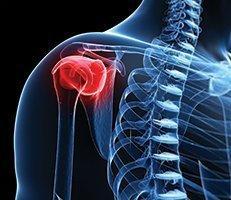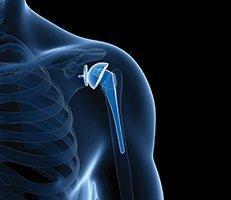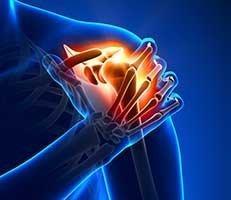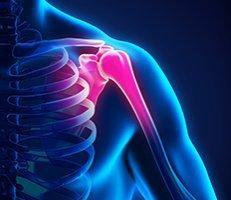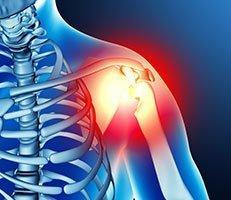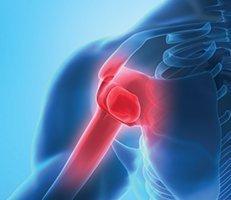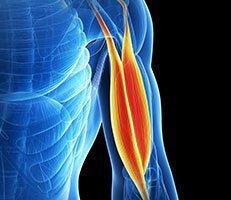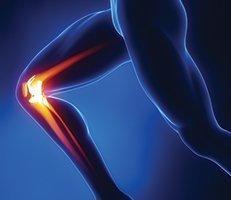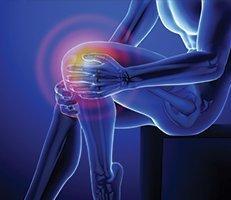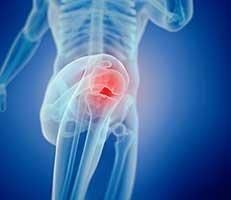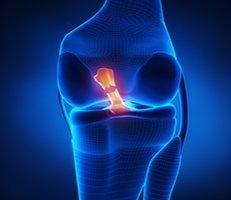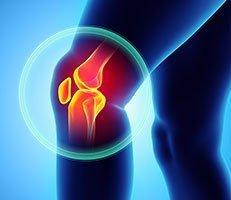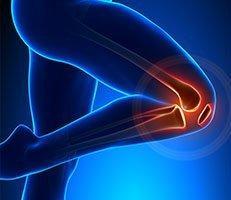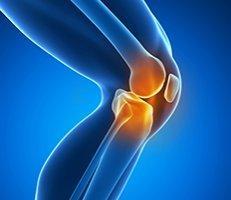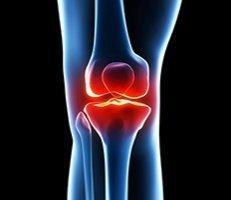Although pectoralis major tendon ruptures are rare, they are serious injuries that can affect one’s ability to bear weight and move the arms in front of the body. Surgery is often necessary to help patients restore strength and range of motion and resume daily activities.
If you think you may have suffered a pectoralis major tendon rupture, feel free to contact Dr. Millstein for information about treatment options.
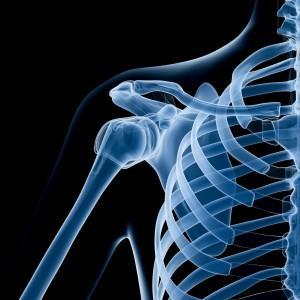
Surgery for Pectoralis Major Tendon Repair
Most patients who suffer a pectoralis major tendon rupture require surgery to repair the damage, however elderly or sedentary patients may opt to treat a rupture with nonsurgical techniques like medication and physical therapy. In general, younger people and athletes will need to undergo a surgical procedure to regain strength and function in the affected arm.
You will not be able to eat or drink on the day of your pectoralis major tendon rupture surgery. During the procedure, you will likely lie on your back with your arm on a hand table. Dr. Millstein will make a small incision to the anterior axillary fold. You will be under anesthesia and should not experience any pain at this time. Dr. Millstein will then identify the ruptured tendon and repair it using sutures. In some cases, bone tunnels may be utilized. Once the tendon has been sutured, Dr. Millstein will close the incision and place the arm in an immobilizing sling while the tendon heals.
Recovery After Pectoralis Tendon Surgery
After your procedure, Dr. Millstein will instruct you to avoid strenuous activity and arm rotation. You will likely continue to wear the sling for six weeks. While most patients will enjoy a return to full range of motion within a few weeks of surgery, they may not be able to lift weights for several months after the procedure. Following Dr. Millstein’s instructions regarding your rehabilitation is the best way to ensure a complete recovery after undergoing pectoralis tendon surgery.
Complications After Pectoralis Tendon Surgery
While most patients experience excellent results following pectoralis tendon surgery, rare complications do occur. Some patients experience cosmetic differences between the injured and uninjured sides. Weight lifters may find that they are unable to reach the same level of performance. In rare cases, infection can occur after surgery. Don’t hesitate to contact Dr. Millstein if you experience pain, fever or other signs of infection after undergoing pectoralis tendon surgery. Overall, pectoralis tendon rupture surgery is a safe procedure that offers great patient outcomes.
Contact Dr. Millstein for a Consultation
For most patients, surgery is the best method of alleviating pain and restoring strength and range of motion to the affected arm. If you are experiencing pectoralis muscle pain, you shouldn’t hesitate to seek medical treatment from a board certified orthopedic surgeon like Dr. Millstein. A specialist in sports medicine with unique expertise in surgical reconstruction, Dr. Millstein has been recognized as a Southern California Super Doctor on numerous occasions. Contact his office online or call (310) 595-1030 for a consultation.

